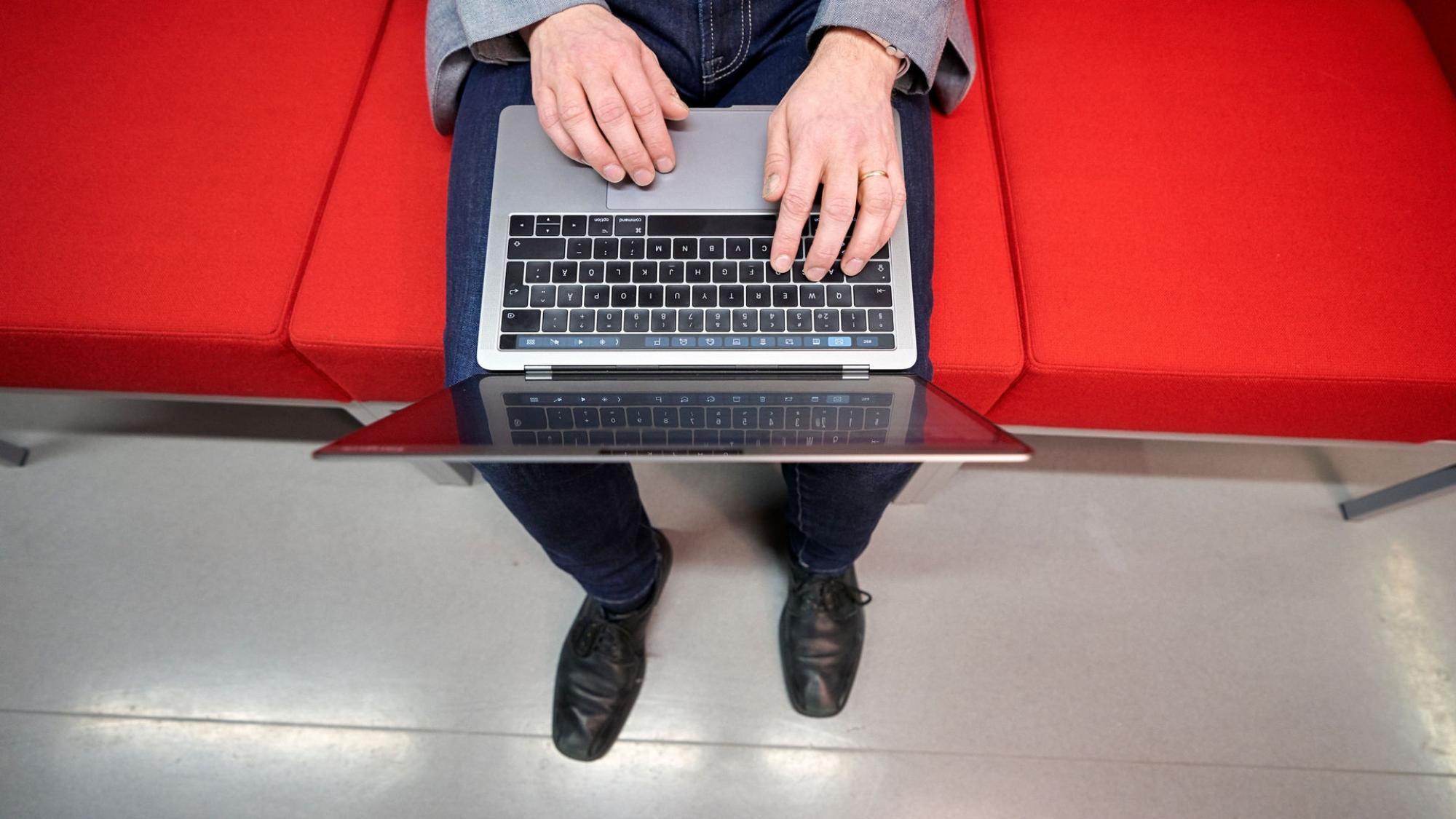Would you buy a used phone? Refurbished electronics pose a dilemma even for responsible customers

Although customers want to make ecological choices and value sustainable options, many hesitate when it comes to used or refurbished electronics. A doctoral dissertation to be examined at the University of Oulu explores how customers experience purchasing refurbished electronic products and why making a responsible choice doesn’t always feel easy.
The study shows that even advocates of sustainable consumption balance between conscience and convenience, pride and caution. They want to act responsibly, yet they also doubt product quality, the reliability of repair guarantees, and the authenticity of “green” marketing claims.
“Many people want to act responsibly but fear being deceived or seen as naive. Buying refurbished devices involves surprisingly strong emotional tensions or paradoxes,” says M.Sc. (Econ. & Bus. Adm.) Omar Mohammed, who will defend their dissertation at the University of Oulu on November 28.
Customer experience as a moral and emotional process
The dissertation introduces the novel Quantum Experience Framework as a theoretical contribution that explains how customer experiences — shaped by pleasure and anxiety, trust and skepticism, validation and stigma, pride and fear — coexist within circular business models such as refurbished electronics. At the heart of these paradoxes lies the customer conscience — a reflective space where individuals negotiate what feels ethically correct and practically safe.
The study demonstrates that customer experience is not merely a technical or service-related interaction with a company, but a dynamic, culturally embedded process where values, emotions, and social acceptance intertwine.
The findings challenge companies and policymakers alike: the success of sustainable business depends not only on refurbished materials, but also on building trust and harnessing. Companies must build customer experiences that are not only technically functional but also emotionally fulfilling.
“In addition to eco-certificates and technical warranties, companies need to foster trust, pride, and emotional satisfaction. Businesses should help their customers feel good when they do good,” Muhammed summarizes.
The dissertation is based on 53 in-depth interviews conducted in Finland, where circular economy policies and practices are at the forefront in Europe. The results offer new insights into how people create meaning around sustainable consumption and how trust can be strengthened in the transition toward a circular economy.
Master of Science in Economics and Business Administration Omar Mohammed will defend his doctoral dissertation at the University of Oulu on Friday, 28 November 2025. The dissertation, which belongs to the field of marketing, is titled The paradoxical nature of the customer experience in the circular economy: An explorative study of refurbished electronics. The opponent will be Professor Heikki Karjaluoto from the University of Jyväskylä, and the custos will be Professor Pauliina Ulkuniemi. The public defence will begin at 12:00 in room LO124 at the Linnanmaa campus of the University of Oulu, and it can also be followed remotely https://oulu.zoom.us/j/63579069040